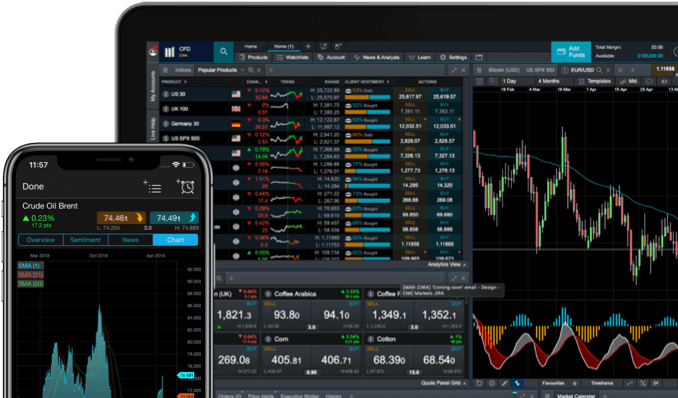Tencent stock is listed on the Hong Kong Stock Exchange, where local traders can buy and sell shares. It is also a constituent of the Hang Seng Index, which measures 50 of the largest market-cap companies on the Hong Kong stock market.
Even though it is not amongst the most well-known shares, as it is not listed directly on a US-based exchange, those who follow the gaming industry may see it as a diverse and worthwhile company. The gaming sector offers large growth opportunities, especially in Asia, where it has been growing steadily for many years and moves more money that the film industry. This perhaps gives Tencent’s share price an opportunity for fast growth.
The fact that Tencent is a Chinese company, however, has its downsides. The Chinese government has a lot of power over the industry and often limits or blocks video games based on arbitrary control policies that subsequently have an effect on the performance of gaming stocks. Advertising in China is also an issue. Further advertising would allow Tencent to increase its already huge profits; however, it has been greatly limited by the central government.
Despite these drawbacks, Tencent Holdings is growing at the levels of its major international rival companies, such as Microsoft and Sony.
Open an account now to get started >


















